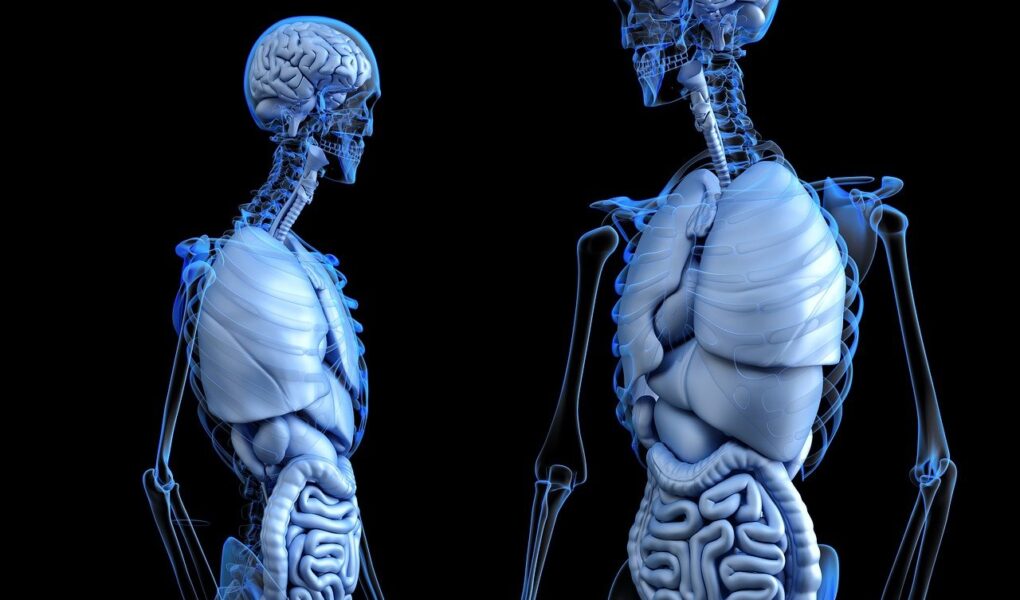Today we will discuss about how to Understand Colon Cancer Prevention.
The colon, also known as the large intestine, constitutes the second half of our digestive tract. It is crucial for women to understand the significance of colon cancer prevention, considering the strong links between certain dietary choices and this type of cancer. In this article, we will explore the risk factors associated with colon cancer and how adopting a high-fiber diet can provide valuable protection.
Introduction
Colon cancer is a serious health concern that affects both men and women. However, women, in particular, can benefit from understanding the preventive measures to reduce their risk. By making informed choices regarding their diet and lifestyle, women can take significant steps towards safeguarding their health.
The Link Between Diet and Colon Cancer
2.1 The Impact of Alcohol, Meat, and Fatty Foods
Scientific research has identified a strong correlation between colon cancer and certain dietary habits. Consuming high amounts of alcohol, fatty foods, and meat has been found to increase the risk of developing this type of cancer.
2.2 Processed Meats and Colorectal Cancer Risk
Among various meat products, processed meats like bacon, ham, hot dogs, and sausages stand out as the biggest offenders. A comprehensive review by the American Institute for Cancer Research (AICR) revealed a significant association between processed meat consumption and colorectal cancer risk. Just one 50-gram serving of processed meat per day can increase the risk of colorectal cancer by 21 percent.
2.3 Carcinogens and Meat Consumption
When meat is cooked, carcinogens can form on its surface. Additionally, meats contain fats that, when acted upon by intestinal bacteria, can lead to the creation of cancer-promoting substances called secondary bile acids. Frequent consumption of meat, especially red meat, has been linked to an increased risk of colon cancer.
The Role of High-Fiber Diets
3.1 Fiber and Carcinogen Removal
High-fiber diets play a crucial role in protecting against colon cancer. Fiber aids in speeding up the passage of food through the colon, effectively removing carcinogens. Moreover, it promotes changes in the gut microbiome, leading to a reduction in the production of carcinogenic secondary bile acids.
3.2 Fiber and Bile Acid Reduction
Fiber also absorbs and dilutes bile acids, which are produced by the liver to aid in the absorption of fats. When these bile acids are turned into cancer-promoting substances by intestinal bacteria, high-fiber diets can help mitigate their harmful effects.
3.3 High-Fiber Diet for At-Risk Individuals
Even individuals at higher risk for cancer, such as those with recurrent polyps of the colon, can benefit from high-fiber diets. Studies have shown that bran, rich in pentose fiber found in wheat, can lead to a reduction in the size and number of polyps within a short period.
3.4 Whole Grains and Colon Cancer Risk Reduction
A recent study published in the British Medical Journal highlighted the significance of whole grains in colon cancer prevention. Consuming three servings of whole grains daily can lead to a 17 percent decrease in the risk of colon cancer.
Obesity and Colon Cancer Risk
4.1 Abdominal and Body Fat’s Influence
Obesity is a well-known risk factor for colon cancer. Accumulation of abdominal and body fat significantly increases the chances of developing this type of cancer.
4.2 Fiber for Maintaining a Healthy Body Weight
In the fight against obesity, fiber plays a crucial role. Incorporating fiber-rich foods into the diet can help women maintain a healthy body weight, thereby lowering their risk of colon cancer.
Conclusion
Understanding the relationship between diet, lifestyle, and colon cancer risk is essential for women. By making informed choices and adopting a high-fiber diet, women can take proactive steps to prevent colon cancer and prioritize their health.
FAQs
Q: Can dietary choices impact colon cancer risk for women?
A: Yes, certain dietary choices, such as consuming processed meats and fatty foods, can increase the risk of colon cancer in women.
Q: How does fiber help prevent colon cancer?
A: Fiber aids in the removal of carcinogens from the colon and reduces the production of cancer-promoting substances called secondary bile acids.
Q: Can high-fiber diets benefit individuals at higher risk for colon cancer?
A: Yes, high-fiber diets, particularly those rich in pentose fiber from wheat, can help
Thank you for being here.

Penha Cristina Mullett
Brazilian Holistic Therapist
AADP Member
IPHM Member
Personal Trainer & Nutrition Coach Certificate



